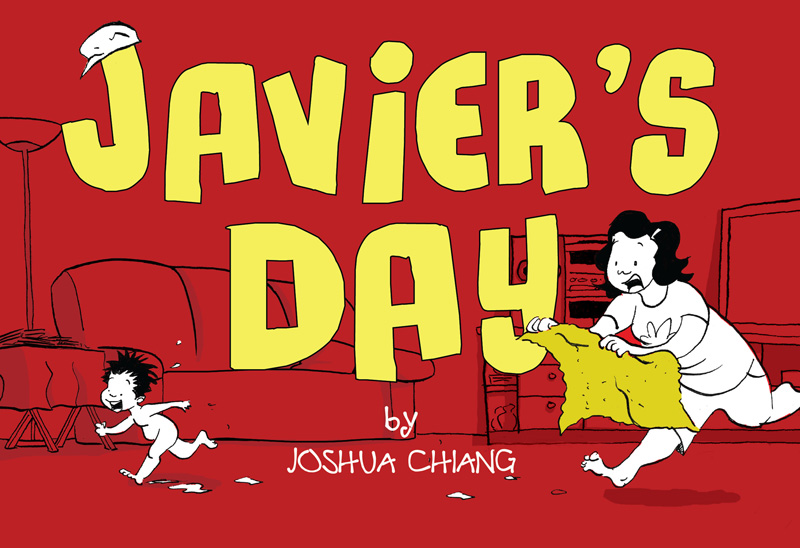Joshua Chiang’s self-published children’s book Javier’s Day ponders the evolving lifestyles of Asia’s middle class
…..
In Javier’s Day, Singaporean illustrator Joshua Chiang captures the changing nature of family life inside Asia’s most outsized economic powerhouse.
At the time of her independence in 1965, Singapore looked a lot like Cambodia does today, with tree-lined quays, stilt homes and man-powered rickshaws dotting the streets. The wealthy lived in yellow two-storey colonials with brick walls, wooden floors and tiled roofs. The poor survived as day labourers. A third of the population lived in slums, unemployment clocked 14% and GDP per capita registered less than $3,000.
Over the last five decades, Singapore has grown into the world’s fourth-largest financial centre and built one of the busiest seaports on the planet. Such dramatic growth has also meant profound changes to the Singaporean family.
“At the heart of it, Javier’s Day is about the joys of growing up all over again through the eyes of the youngest member of the family,” says Chiang, who lives in Phnom Penh, of his first self-published illustrated children’s book. “It is also about how children are raised in the modern Singaporean context. We may have moved out of our kampungs long ago, but it still takes an entire village – plus the maid – to raise one child.”
While the Cambodian context still remains firmly rooted in the kampungs, or ‘villages’, in today’s globalised world the Kingdom can’t help but drift toward greater urbanisation. As the economy grows, so too does the country’s middle class. If Singapore in 1965 looked a lot like Cambodia does today, then Cambodia could look a lot like Singapore five decades hence, if not sooner.
Yet as Chiang’s book subtly illustrates, entry into the middle class comes with a price tag attached.
Javier’s Day opens with a portrait of the extended family: daddy, mummy, aunt, uncle, grandmother, grandfather, Javier and the nanny. It takes all of them to keep two-year-old Javier occupied while his parents are away at work.
Javier wakes up to the nanny mopping the living-room floor. He runs in the park with Uncle Joshua and scribbles on the walls.
The people around Javier do typical Asian things: feed him rice porridge for breakfast, burn incense and pray at the spirit house, sit on the kitchen floor and clean vegetables.
Such comfortable middle-class living often requires two incomes, however, and Javier’s mummy and daddy are gone most of the day. They return from work just in time for dinner, and the family convenes around a big fish at the dinner table. After eating, the parents are off again, tiptoeing out the door. Javier cries. Grandpa consoles.
Such are the demands of life in the middle class.
Javier’s Day, by Joshua Chiang, will be available from Monument Books soon. Price to be confirmed.
